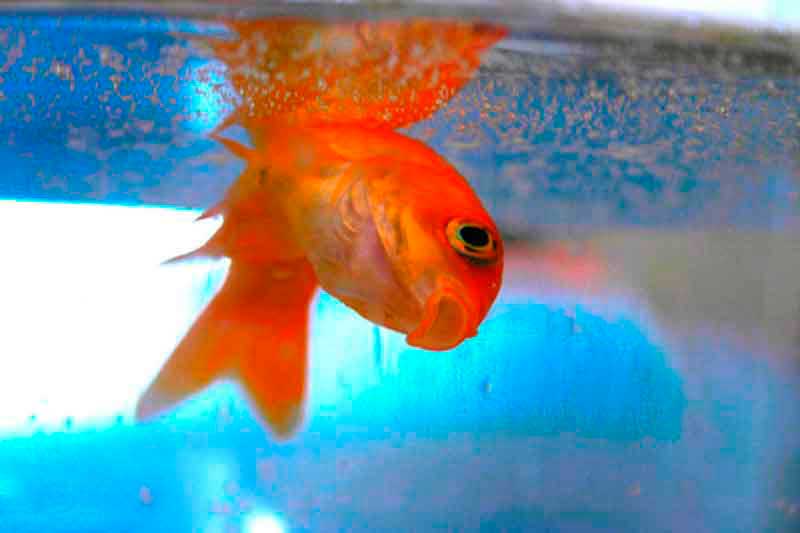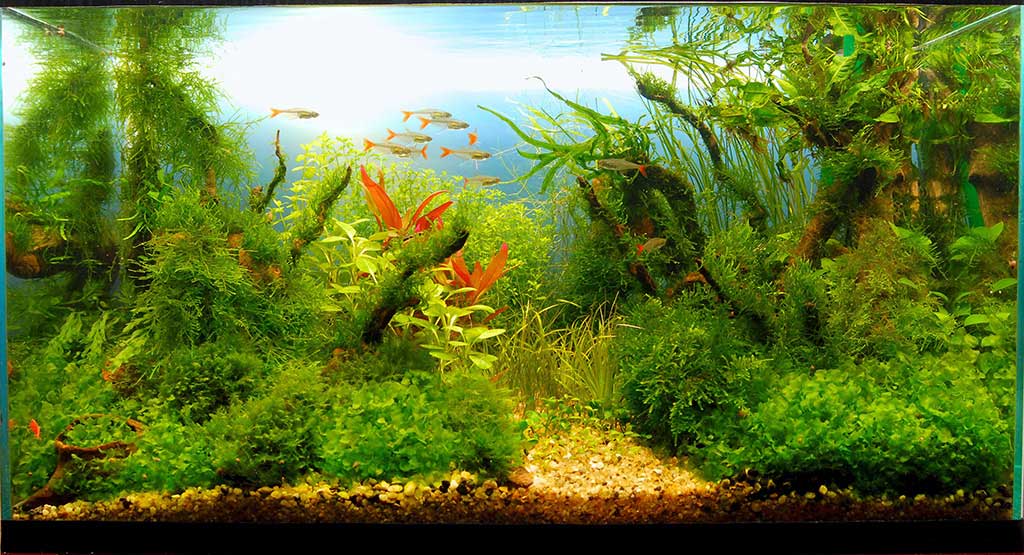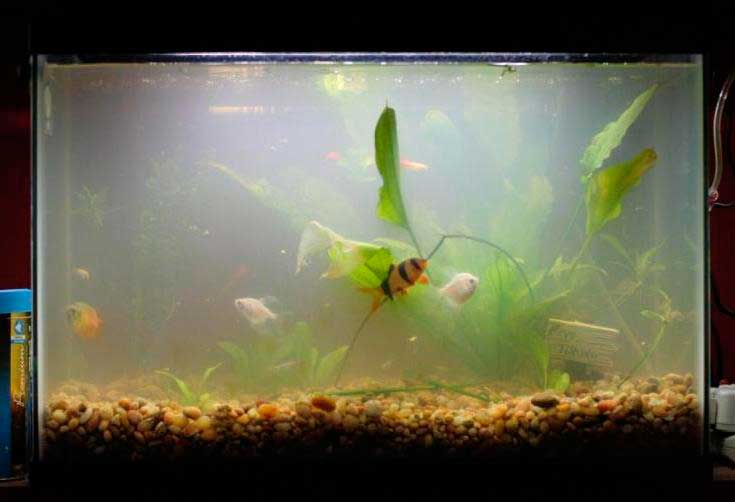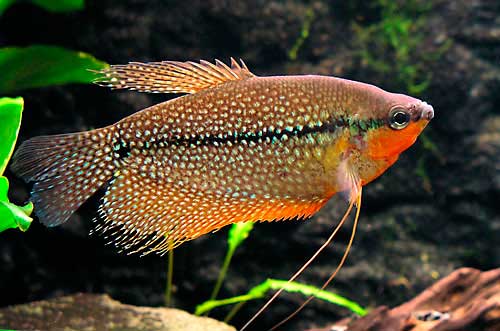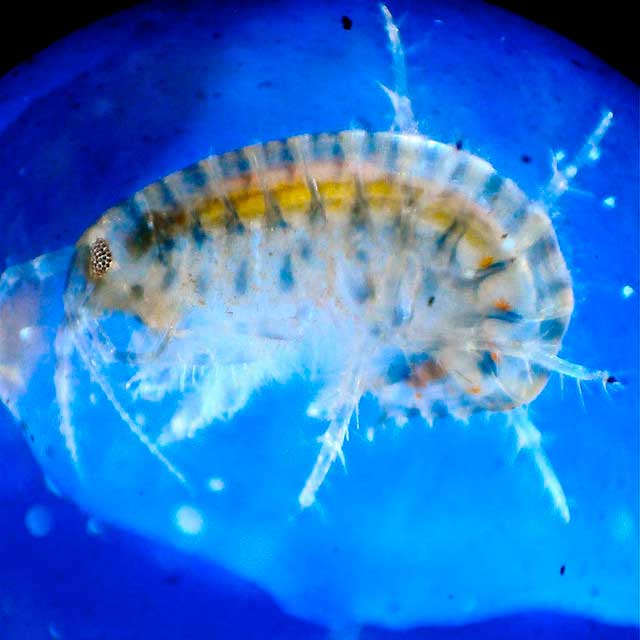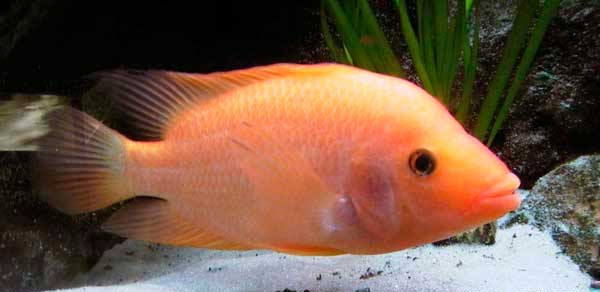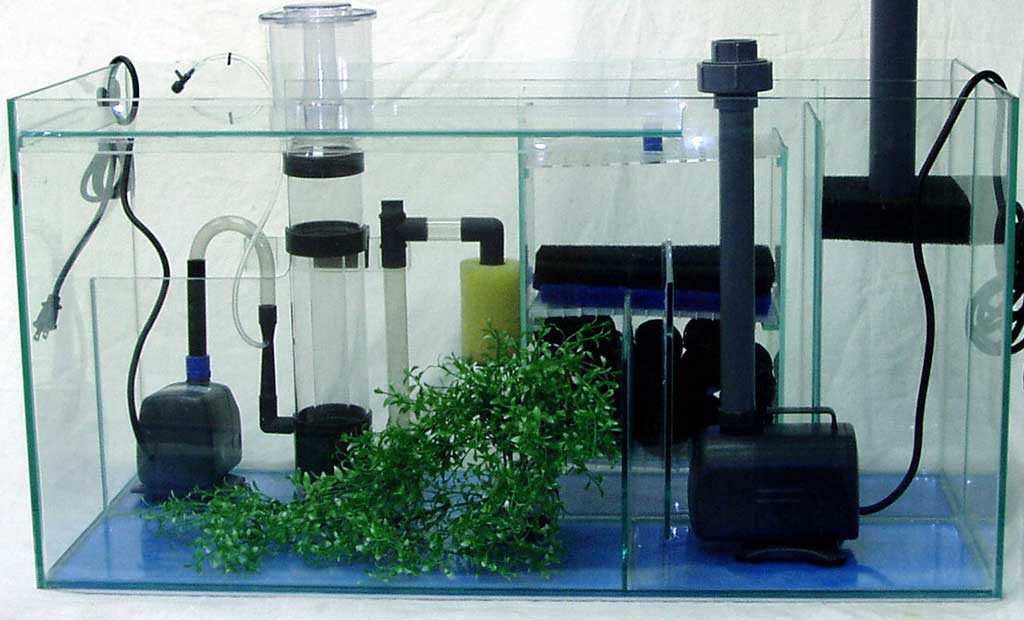How to prevent fish diseases? Sooner or later this question arises before every indoor aquarium hobbyist. A few simple recommendations will help to reduce the risk of disappointment.
Finally bought an aquarium, planted plants and launched fish. There is no limit to the joy of a beginner aquarist. His long-held dream has come true. But in no case should not forget that fish and other inhabitants of the underwater world – living beings. And they are subject to various diseases. Prevent fish diseases and avoid disappointment will help a few rules described below.
Fish diseases are divided into contagious, and non-contagious. Non-contagious diseases include injuries and other external causes. These can be:
- lack or excess of oxygen;
- very sharp fluctuations in water temperature;
- various injuries that are related to fish fighting, frequent transplanting or sharp edges of decorations;
- poor quality food, insufficient nutrition or, conversely, excessive food in the aquarium.
Contagious diseases include invasive diseases (caused by parasites) and infectious diseases (caused by protozoan organisms). The cause of fish disease in the aquarium can be diseased fish, water, soil, aquarium care items. The spread of infection in the aquarium contribute to:
- high population density;
- rotten aquarium plants;
- too frequent complete water changes;
4 rules to prevent fish diseases
- The fish should not starve, but should be fed according to their needs. It should not be allowed that some individuals do not have enough food. Bottom fish sometimes do not have time to be fed dry food. Therefore, they need to be fed live food. It usually sinks to the bottom.
- Insufficient oxygen in the water can cause fish to suffocate. If they surface frequently and swallow air, it is a sign of lack of oxygen (except for labyrinth fish). The aerator must then be replaced. But also too oxygenated water can cause harm to the fish. Over-oxygenation often leads to gas embolism.
- The water temperature in the aquarium with heat-loving fish should not be below 22 degrees Celsius. This can lead to hypothermia of the fish and cause various inflammations and colds.
- It is necessary to be very attentive to the choice of food. Buy it preferably in pet stores. Be especially careful with live food. With it, parasites can be introduced into the aquarium. It quickly becomes unusable if stored incorrectly and the fish can simply be poisoned.
And 4 others 🙂
- The water should not be very soft and the acidity low, as in this case, the fish can develop “acid” disease.
- To maintain the biological balance in the aquarium, do not expose it to direct sunlight. It will take a long time to restore its biosystem.
- The decorations in the aquarium must be free of sharp corners, protrusions and other elements that could injure fish. Wires and equipment must be safely insulated.
- It is necessary to carefully select species of fish that can coexist peacefully. Otherwise, inevitable fights will lead to injuries and, consequently, diseases.
At the first signs of disease, the fish should be removed to another aquarium. For quarantine and take care of its treatment. It is desirable to contact a specialist. Many diseases have the same signs and it is very difficult to understand what kind of disease it is.
If you treat your aquarium carefully, you can prevent fish diseases or greatly reduce the likelihood of them occurring.
